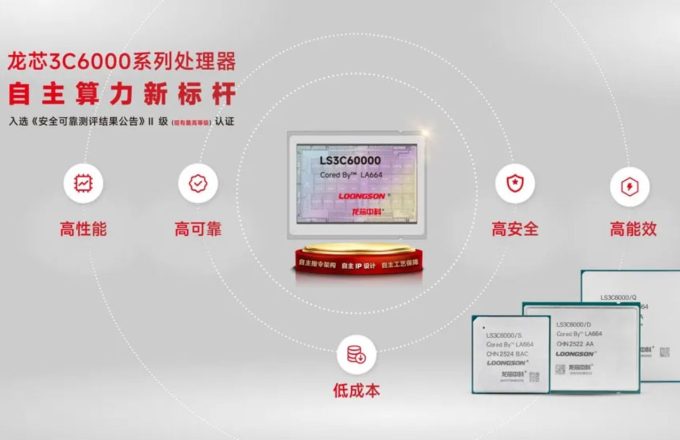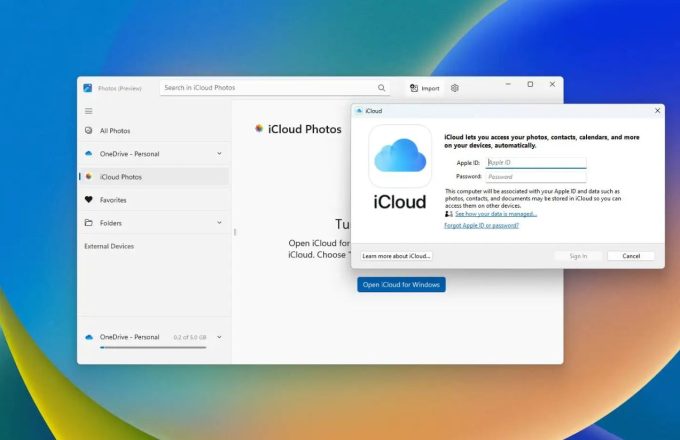Virtual currencies have become a key element in some of today’s most popular games. Blockbuster titles like Marvel Rivals, Overwatch 2, and Fortnite have built their success on a free-to-play model. However, this “free” access is mostly an illusion, as their real business lies in microtransactions. Since loot boxes were widely criticized as one of the most controversial practices in the industry, the toxicity of this system has been a subject of debate. Now, the European Union has stepped in with new regulations that could reshape the video game landscape across the continent.
A Growing Controversy
The debate over microtransactions and loot boxes is not new. Earlier this year, in January, Genshin Impact, one of the most popular gacha games, was fined $20 million and forced to restrict purchases for players under 16 without parental consent. The U.S. Federal Trade Commission (FTC) ruled that the game deliberately targeted minors with its payment system, failing to disclose how much money was needed to obtain rare characters. As a result, its developer, Cognosphere, agreed to tighten age verification and parental control measures.
What Does the New EU Regulation Say?
The European Union’s latest investigation focused on the Swedish game Star Stable Online, which was flagged for engaging in practices deemed “especially harmful to children.” In response, the EU has introduced seven key principles to strengthen consumer protection:
-
Prices must be displayed clearly and transparently.
-
Practices that obscure the cost of digital content and services within games must be avoided.
-
Consumers should not be pressured into making unwanted purchases using virtual currencies.
-
Players must receive clear and complete pre-contractual information.
-
Consumers’ right to withdraw from a purchase must be respected.
-
Contract terms must be fair and written in simple, clear language.
-
Game design and mechanics should consider consumers’ vulnerabilities.
One of the most significant changes involves the regulation of virtual currencies. While they can still exist, their real-world monetary equivalent must be clearly displayed. In other words, they can no longer be used to conceal the true price of in-game items and will instead serve only as a cosmetic feature.
Is This a Law or Just a Recommendation?
For now, these guidelines are not legally binding but rather a set of recommendations from the European Union. However, companies that fail to comply could face legal challenges, as consumers would have the support of the European Commission and the Consumer Protection Cooperation Network. In short, gaming companies have strong incentives to follow these recommendations, as the EU has warned that stricter measures could be implemented if harmful practices persist.
The Fight Against Loot Boxes
This initiative follows previous efforts to regulate loot boxes, whose chance-based mechanics have been compared to slot machines. Since 2019, various organizations have warned about their risks. Spain, for example, was one of the first countries to take action, announcing in 2020 that minors’ access to loot boxes would be regulated through national ID verification. Finally, in June 2023, the country approved a draft law to enforce this restriction.
With these new regulations, the European Union is reinforcing its commitment to greater transparency and consumer protection in the gaming industry. It remains to be seen how companies will respond and what impact these measures will have on the future of the sector.




















